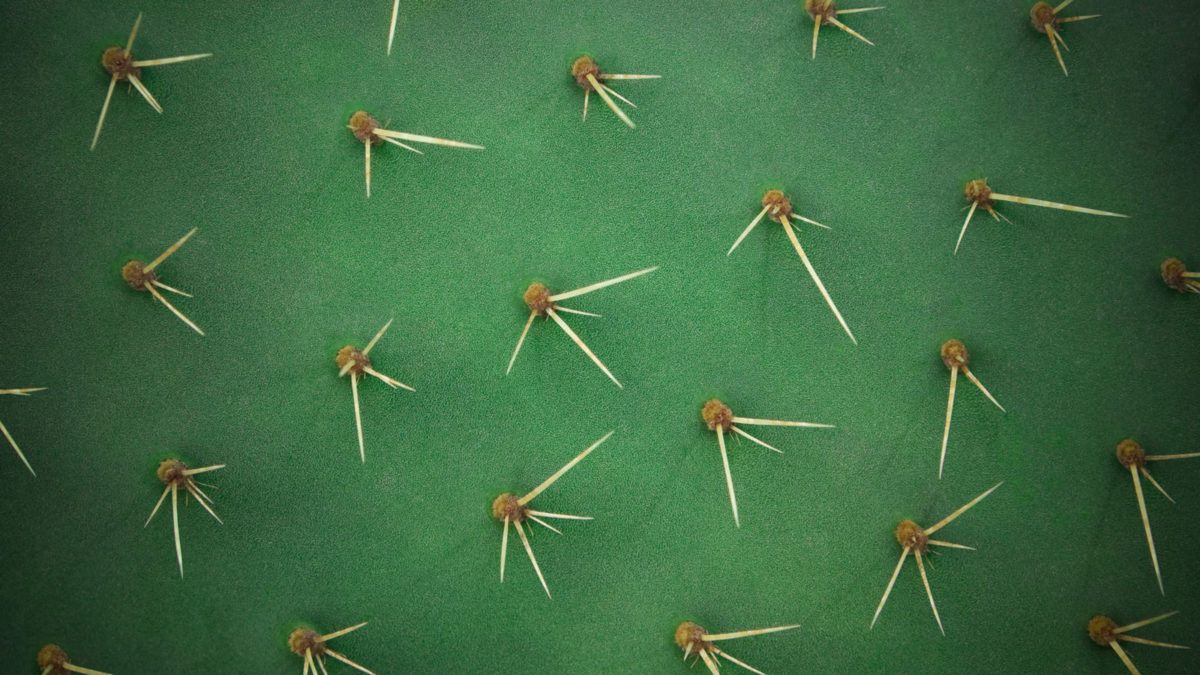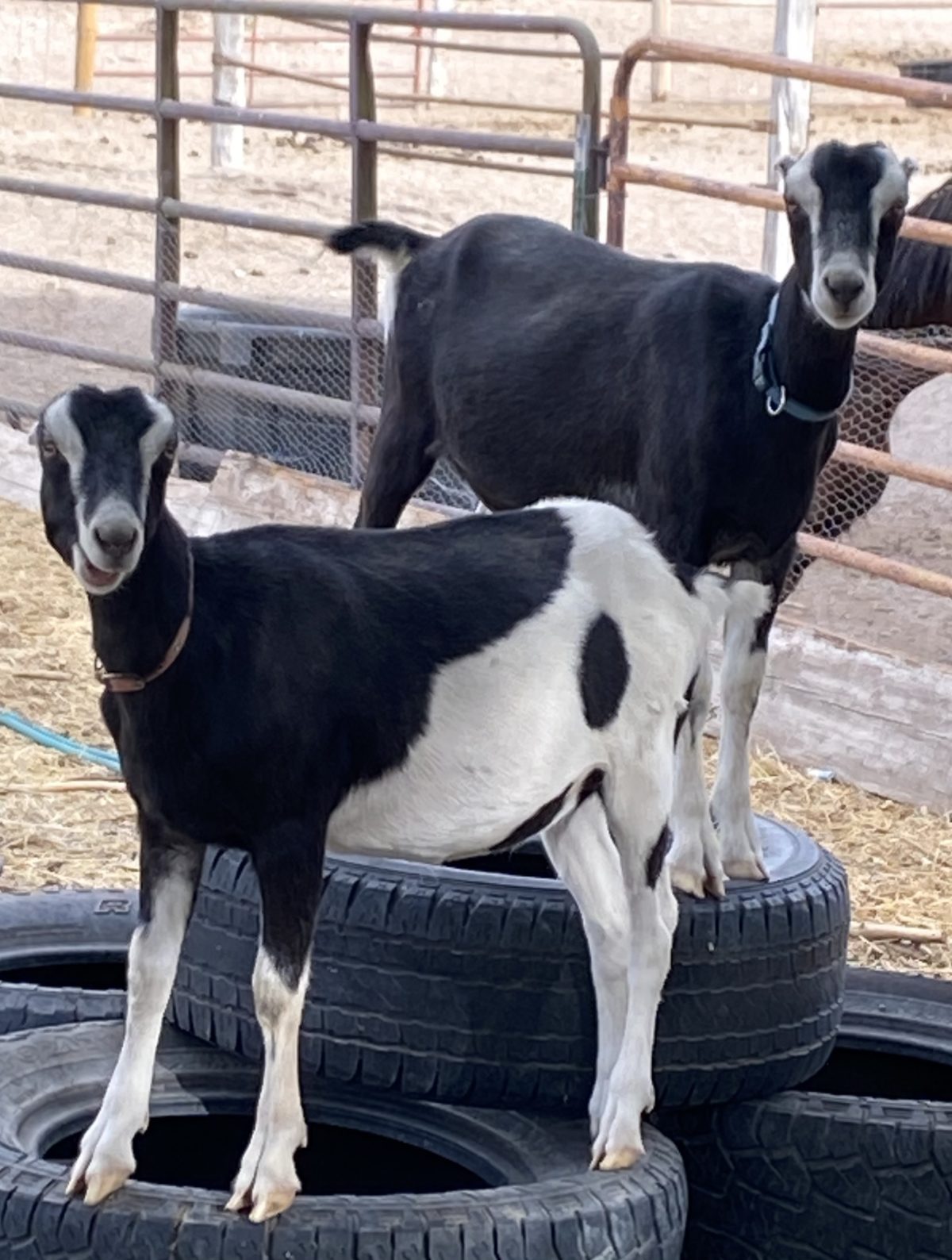
Seven Questions with Crista Newmyer-Olsen
August/September 2022
Download This Article (.pdf)
I want to thank Judge Newmyer-Olsen for her candor, courage, and extraordinary grace. I’m seldom at a loss for words, but as I type this, these words—or more accurately, all words—feel inadequate. As you read on, you will see why.
I also want to thank Susie Klein, managing editor of Colorado Lawyer, for her willingness to run this interview on its own, instead of as part of a group of three or four interviews.
I think that sometimes the best introduction is the one that just gets out of the way. That is my intent here, so you can get to what really matters.
Crista Newmyer-Olsen
Crista Newmyer-Olsen is a Colorado native who grew up in the San Luis Valley in Southern Colorado. She comes from a family of educators and blue-collar workers. After graduating from Alamosa High School in 1997, she attended the University of Colorado in Boulder for her undergraduate education and was a member of the President’s Leadership Class. She attended law school at the University of Colorado as well, graduating in 2007. Before becoming a judge, she worked in the areas of federal Indian law, civil law, and criminal prosecution. While working as a prosecutor, she was awarded the Visionary Voice Award in 2013 and the Champion of Children Award in 2015 for her work on cases involving sexual assault and crimes against children. She was sworn in as a district court judge in January 2020. In addition to her work as a judge, she helps maintain and operate a small family hobby farm, where she resides with her husband and children.
Most challenging thing about the job:
Having come from a position where I was responsible for training lawyers to be good, ethical, and highly effective litigators, I find the most challenging thing about being a judge is allowing bad lawyering. There can be a perfectly adequate lawyer in my courtroom who is underprepared, or unfamiliar with the rules of evidence, or makes an argument that is really a stretch, or is just unkind to witnesses or other parties or staff. It is difficult to remain separate and apart from situations like that where—irrespective of the case or issue before me—I really want to give the lawyer advice on how to do a better or more effective job representing his or her client. I am not talking about behaviors that are unethical here, as I believe I have a duty to speak up in those situations. I am talking about situations where a lawyer is either giving their best effort and is just ineffective or inexperienced; or where a lawyer is capable of doing a great job but—for whatever reason—is simply not performing well. Every lawyer in court should know the foundations to properly admit evidence and should present legally sound arguments. That is not always the case. I often must resist the urge to “help” for fear of appearing to be biased. I also constantly remind myself to separate the lawyers’ performance from the facts in evidence and applicable law in making rulings.
Your most played song(s) of the past year:
“Rip Tide,” by Sick Puppies; “All I Know So Far,” by P!nk; and “Scars in Heaven,” by Casting Crowns.
Travel destinations on your bucket list:
I hope to travel to the Philippines sometime in the next decade. My mother-in-law was from the Philippines, and I hope to go with my husband to visit her country of origin.
Most beautiful place you have ever been:
The mountains surrounding Ouray, Colorado. It is breathtaking there.
Biggest challenge you have faced:
This information is the most deeply personal information I have to share. Although it is uncomfortable, I share it because I hope that people everywhere will know that things like mental health disorders, substance use disorders, and domestic violence can touch anyone’s life irrespective of education, background, race, gender, or socioeconomic status. On October 16, 2021, my 15-year-old daughter was killed in a car crash. The other driver was impaired, revoked, and driving the wrong way on the interstate. A related challenge was that I began to suspect in early 2020 that my daughter was struggling with a substance use disorder. This was confirmed in early 2021. As co-parents, her father and I sent her to inpatient treatment, which she successfully completed. At the time of her death, Alexie had worked to overcome her own demons and was in recovery, happy, healthy, and looking forward to a good life. Her death was senseless. I am presently learning to live with this grief that I know will never go away.

Prior to Alexie’s death, the biggest challenge I faced was that I was the victim of severe domestic violence. I was a new prosecutor during the time when I was being abused. My abuser was severely mentally ill and carried a great deal of emotional baggage from his childhood and choices he made in his young adulthood. I am incredibly lucky to have lived through that situation to tell about it today. When I was in the situation, despite having taken all the classes about domestic violence and knowing the applicable law and exactly what I was experiencing, I still tried to make it better. I tried to work it out. I stayed longer than I should have. I got out after thinking during the last incident that I hoped my abuser would hide my body so that my daughter would not have to see it. Looking back, my own behavior does not make any sense to me, but I clearly remember believing that I was doing the right thing with the tools I believed I had when I was being victimized.

What helps you de-stress/maintain perspective/stay sane:
I have a little farm with horses, dairy goats, chickens, pigs, and cattle. We also have various pets, including dogs, cats, salamanders, and a bearded dragon. I de-stress and stay sane by working on the farm and spending time with our animals. First, I highly recommend goats to anyone. It is impossible to be angry or unhappy when you are surrounded by dairy goats—which are a perfect combination of adorable and ridiculous. Additionally, I have always loved horses and have been riding since I was 2 years old. It is almost meditative to groom, tack up, and ride a horse. Horses require a person to be present in the moment. This is a wonderful way to reset. Finally, horseback riding and working the farm are great ways to get exercise without feeling like I am exercising. I am incredibly grateful to have been able to have our little farm through all the challenges of the COVID-19 pandemic and life in general.
Greatest inspiration or influence and why:
My greatest influences are my eldest sister and my father. As my father ages and I go about the business of living, I see clearly how my work ethic and way of dealing with life’s challenges reflects who he is. At almost 80 he is still working, doing more manual labor than I think he should, and sharing his brilliant mind with others. I believe that my grit and my determination are the direct result of his example. My eldest sister was a woman of incredible faith who knew and understood the importance and intricacies of relationships. As a non-relational person, I constantly relied on her wisdom and encouragement in my interactions with others. She made me a better human. 


